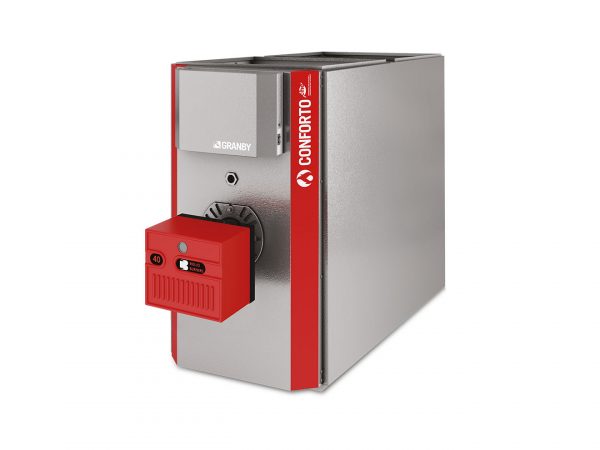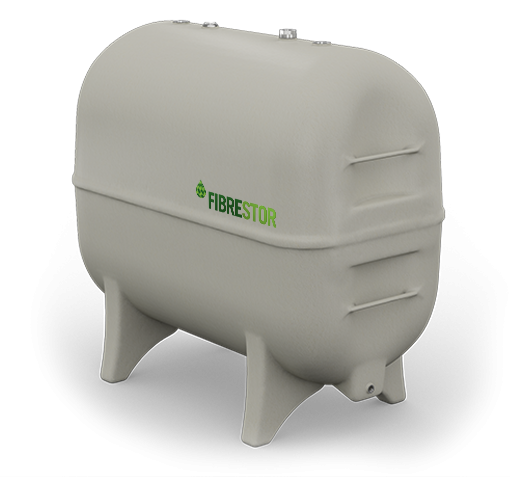|
The fuel used to heat your new home is a personal choice, so don't hesitate to request exactly what you want from your heating or building contractor. In many cases new homes are automatically built with the intent of heating with natural gas or propane without consultation, but homeowners should know they have options for heating fuel, and oil is still a good choice for comfortable, efficient heat. Oil heat can offer homeowners a safe, dependable, environmentally friendly and economical alternative to other fuels. With oil heat, homeowners can take advantage of a competitive market, choosing their own supplier and enjoying a quality product with personal and dependable service. Oil heat can also save money and improve performance when it comes to hot water. Compared to gas and electric water heaters, oil-fired heaters can produce hot water more quickly, and save hundreds of dollars in annual energy costs. Oil fired water heaters recover faster than gas water heaters - and twice as fast as electric water heaters! Oil is a modern heating choice and has evolved considerably over the past 50 years, now burning 95 percent cleaner in home heating systems. Electronic controls and updated oil burner assemblies provide high performance, while running more quietly than older equipment. Modern exhaust venting results in flexibility and savings, and since most oil heat appliances can be vented through the basement wall, conversions or upgrades are fast and affordable. While some homeowners may be concerned about having an oil tank in their basement, onsite storage is actually one of the biggest advantages of heating with oil. Significant design improvements have made oil storage tanks safe and secure with innovations such as double-wall, stainless steel and fibreglass tanks. Onsite storage also provides some peace of mind with no worries about gas pressure drops or pipeline breaks.
Heating oil generates more heat per litre than propane Here's how to calculate much fuel each of your furnaces will use each year. Figure on running your furnace for at least six months of the year in southern Ontario – from the beginning of October to the end of March. Perform the following calculation for each furnace.
OPTTA - Ontario Petroleum Transporters & Technicians Association
1 Comment
7/3/2023 05:13:05 am
Great Article! Thank you for sharing this is very informative post, and looking forward to the latest one.
Reply
Leave a Reply. |
AuthorGil Strachan is a professional home inspector, representing Electrospec Home Inspection Services in east-central Ontario since 1994. CategoriesAll Appliances Buying And Selling Cooling Electrical Environmental Exterior Health And Safety Heating Home Improvement Home Inspection Insulation Insurance Interior Plumbing Roofing Special Structure Archives
January 2024
|



